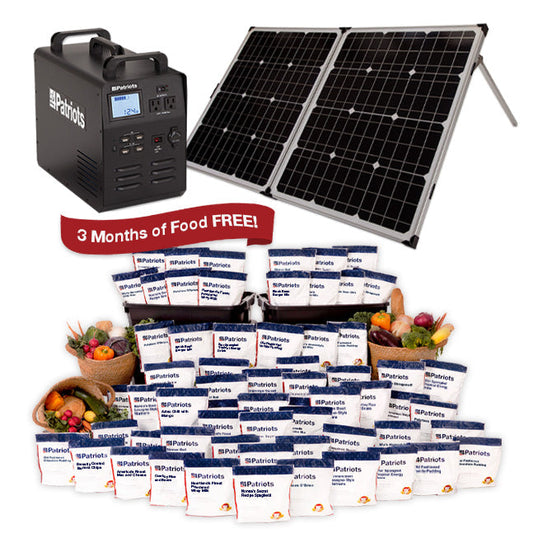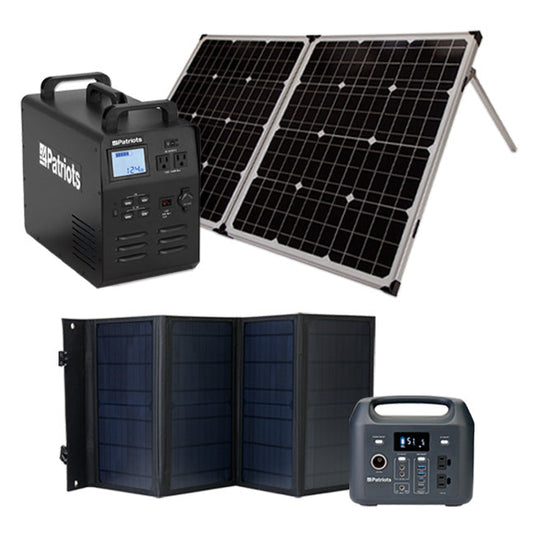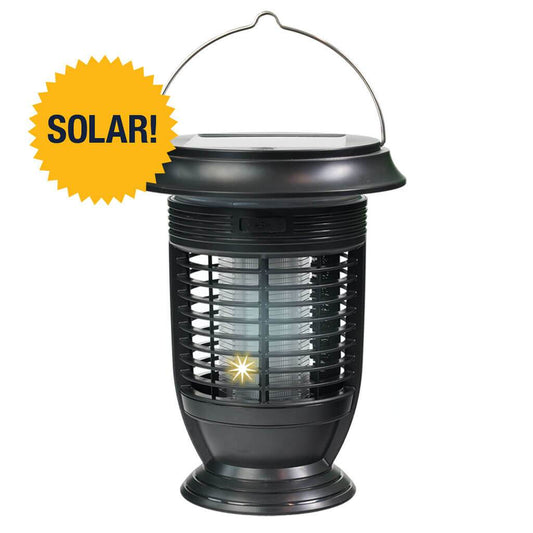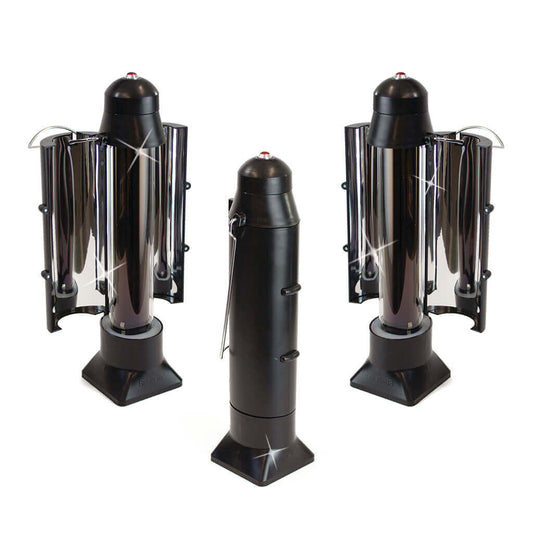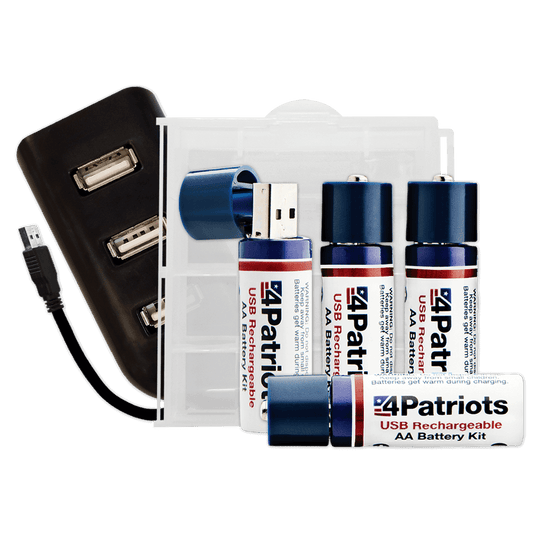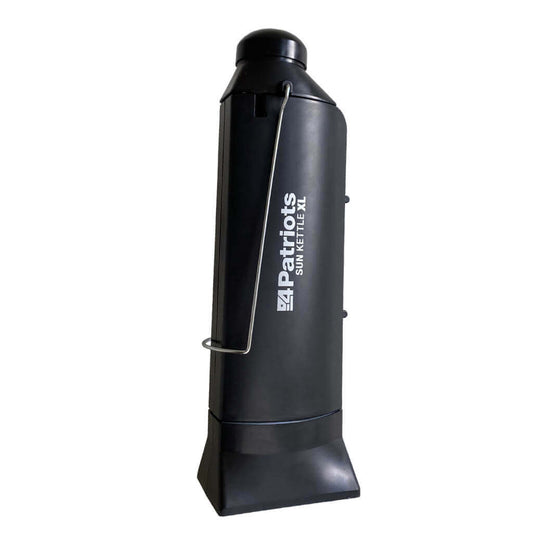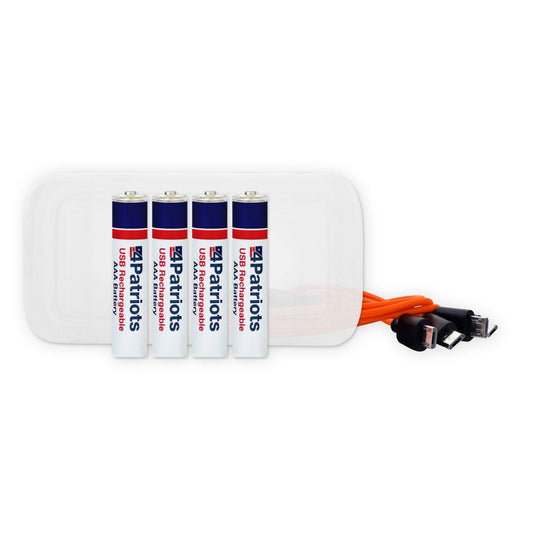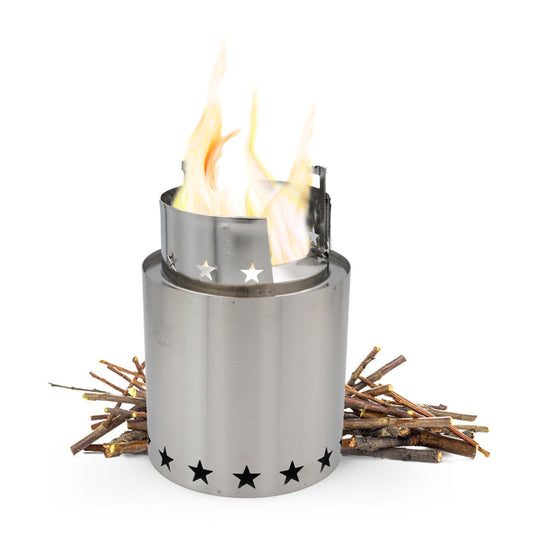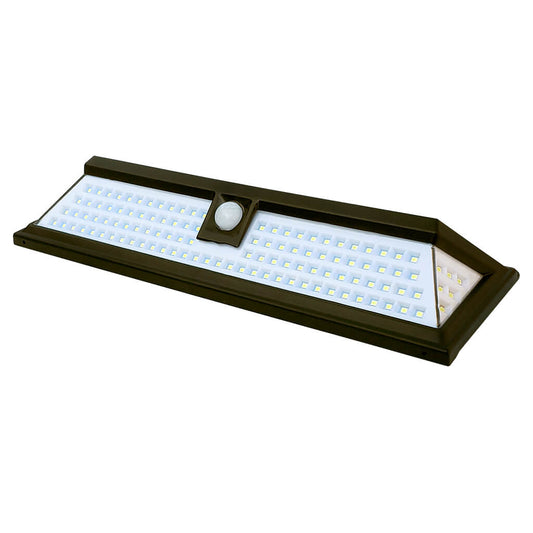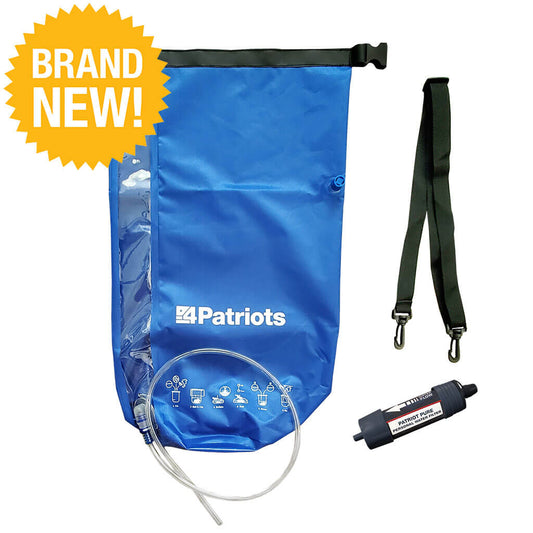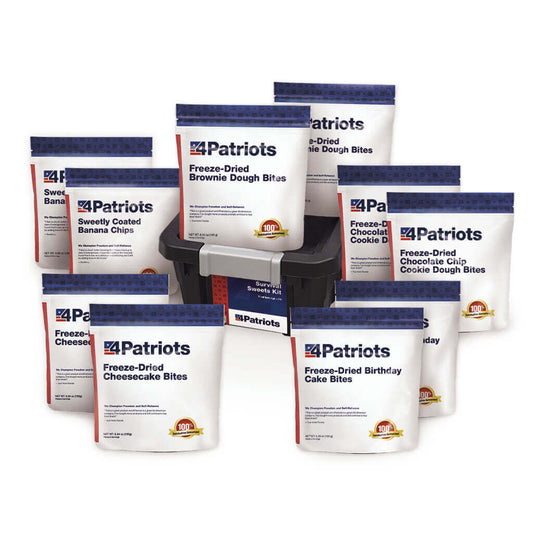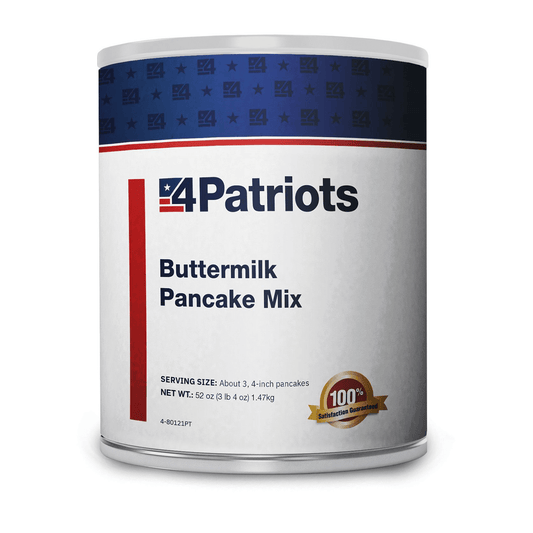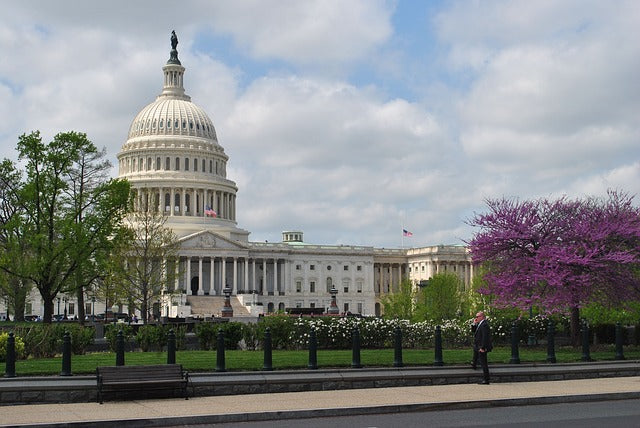
U.S. Government Responds to COVID-19

As everyone knows, COVID-19 is spreading in the United States. At alarming rates.
There's no point in me giving you the latest statistics. They will be outdated by the time you read this.
The states suffering the worst of it, including confirmed cases and deaths, are New York and Washington. Plus New Jersey and California. As well as Illinois, Michigan and Florida.
As of this writing, 15 states have ordered residents to "stay home" or "shelter in place." Some people are calling for President Donald Trump to declare a national lockdown.
Tax Filing Deadline Delayed
There are a few positives, though. The U.S. government and some state governments are enacting new policies. They're made to provide relief for Americans.
Especially the nearly 20 percent of non-retired American workers who have lost jobs. Or had hours cut due to coronavirus-related disruptions.
One major move is delaying the deadline for filing federal taxes for three months. Without penalties. Some states pushed back their deadlines as well. The deadline moves from April 15 to July 15. This is good for pretty much everyone.
Steven Mnuchin is the Treasury Secretary. He tweeted, "I encourage all taxpayers who may have tax refunds to file now to get your funds."
Rare But Not Unprecedented
Those who owe the IRS get a three-month reprieve. This allows them to use the funds they were going to give by April 15 to get them through a tough time.
The delay is available to anyone who needs to give $1 million or less. And to corporations who need to give $10 million or less.
If taxpayers want to file for an extension beyond those extra three months (to October 15), they need to do so by April 15.
This move by the federal government is rare but not unprecedented. In 2007, some taxpayers in the Northeast were allowed to delay filings until June due to a major storm.
Emergency Aid Package – Phase 2
Another significant relief tactic is the White House's Emergency Aid Package. It was the second aid package delivered over the last few weeks.
This Phase 2 package includes a variety of elements. They include providing paid sick and family leave for some U.S. workers impacted by the illness.
Also, expanding unemployment assistance. And providing nutrition assistance and increasing resources for testing.
No aid plan is perfect. Senate Majority Leader Mitch McConnell said this prior to the voting. "I do not believe we should let perfection be the enemy of something that will help even a subset of workers."
Democrats and Republicans were fighting over the Phase 3 Emergency Aid Package. Democrats say it's too focused on helping corporations. And not focused enough on helping people.
Defense Production Act
Another relief maneuver is the Defense Production Act. There has been much confusion regarding it. Trump did sign this act, but had been reluctant to use it.
The act gives him authority to direct private groups to increase production of needed supplies.
Democrats were pressuring him to use his powers to do exactly that. Business leaders were pressuring him in the opposite direction.
Among the needed supplies are protective gear for healthcare providers. As well as medical equipment for coronavirus patients.
Federal Reserve Actions
Self-quarantining and mandatory quarantines may help slow down the virus' spread. But they are wreaking havoc on the economy.
That's why the U.S. Federal Reserve has taken steps to support financial markets. One of them is getting an unlimited number of Treasuries and mortgage-backed securities.
The purpose is to smooth market functioning and effective transmission of monetary policy.
Another move will be to purchase agency commercial mortgage-backed securities. This is known as "quantitative easing."
Limiting Losses of Jobs and Incomes
Here's part of a statement from the Fed. "The coronavirus pandemic is causing tremendous hardship across the United States and around the world.
"While great uncertainty remains, it has become clear that our economy will face severe disruptions.
"Aggressive efforts must be taken across the public and private sectors to limit the losses to jobs and incomes. And to promote a swift recovery once the disruptions abate."
The Fed is also reaching back to the 2008 financial crisis for a strategy. It will launch three new lending facilities. This will help support the flow of credit to employers, consumers and businesses.
New York Waives Mortgage Payments
New York has been the hardest-hit state so far. That's why Governor Andrew Cuomo declared mortgage payments will be waived for some residents. At least for the next three months. Other states may follow suit. Here's what he said.
"If you are not working, if you are working only part-time, we're going to have the banks and financial institutions waive mortgages for 90 days.
"That will be a real-life economic help. It will also be a stress reliever for many families."
This reprieve is based on hardship due to the coronavirus impact. Cuomo is also saying that fees be waived for overdrafts, ATMs and credit cards.
This challenging time in our country's history is going to continue for a while. But at least some steps are being taken to relieve the pressure on Americans.
Please do whatever you can to stay safe and healthy.
Featured Products
- Regular price
- From $799
- Regular price
-
- Sale price
- From $799
- Unit price
- per
- Regular price
- $249
- Regular price
-
- Sale price
- $249
- Unit price
- per
- Regular price
- $2,497
- Regular price
-
$3,194 - Sale price
- $2,497
- Unit price
- per
- Regular price
- $2,499
- Regular price
-
$2,994 - Sale price
- $2,499
- Unit price
- per
- Regular price
- From $29.95
- Regular price
-
$119.80 - Sale price
- From $29.95
- Unit price
- per
- Regular price
- $2,499
- Regular price
-
- Sale price
- $2,499
- Unit price
- per
- Regular price
- $499
- Regular price
-
- Sale price
- $499
- Unit price
- per
- Regular price
- $29
- Regular price
-
- Sale price
- $29
- Unit price
- per
- Regular price
- $2,796
- Regular price
-
- Sale price
- $2,796
- Unit price
- per
- Regular price
- $29.95
- Regular price
-
- Sale price
- $29.95
- Unit price
- per
- Regular price
- $97
- Regular price
-
- Sale price
- $97
- Unit price
- per
- Regular price
- $4,999
- Regular price
-
- Sale price
- $4,999
- Unit price
- per
- Regular price
- $49.95
- Regular price
-
- Sale price
- $49.95
- Unit price
- per
- Regular price
- From $69
- Regular price
-
- Sale price
- From $69
- Unit price
- per
- Regular price
- $201
- Regular price
-
- Sale price
- $201
- Unit price
- per
- Regular price
- From $90.97
- Regular price
-
$129.95 - Sale price
- From $90.97
- Unit price
- per
- Regular price
- $999
- Regular price
-
- Sale price
- $999
- Unit price
- per
- Regular price
- $29.95
- Regular price
-
- Sale price
- $29.95
- Unit price
- per
- Regular price
- From $29.50
- Regular price
-
$30.99 - Sale price
- From $29.50
- Unit price
- per
- Regular price
- $129
- Regular price
-
- Sale price
- $129
- Unit price
- per
- Regular price
- From $27
- Regular price
-
$399.80 - Sale price
- From $27
- Unit price
- per
- Regular price
- $3,494
- Regular price
-
- Sale price
- $3,494
- Unit price
- per
- Regular price
- From $199
- Regular price
-
$205.50 - Sale price
- From $199
- Unit price
- per
- Regular price
- $99.95
- Regular price
-
- Sale price
- $99.95
- Unit price
- per
- Regular price
- $29.95
- Regular price
-
- Sale price
- $29.95
- Unit price
- per
- Regular price
- $8.99
- Regular price
-
$29.95 - Sale price
- $8.99
- Unit price
- per
- Regular price
- $99.95
- Regular price
-
- Sale price
- $99.95
- Unit price
- per
- Regular price
- $29.95
- Regular price
-
- Sale price
- $29.95
- Unit price
- per
- Regular price
- $59.95
- Regular price
-
- Sale price
- $59.95
- Unit price
- per
- Regular price
- $11.98
- Regular price
-
$29.95 - Sale price
- $11.98
- Unit price
- per
- Regular price
- $44.95
- Regular price
-
$44.95 - Sale price
- $44.95
- Unit price
- per
- Regular price
- $24.95
- Regular price
-
$49.95 - Sale price
- $24.95
- Unit price
- per
- Regular price
- $114.95
- Regular price
-
- Sale price
- $114.95
- Unit price
- per
- Regular price
- $189
- Regular price
-
- Sale price
- $189
- Unit price
- per
- Regular price
- $499
- Regular price
-
- Sale price
- $499
- Unit price
- per
- Regular price
- $59.95
- Regular price
-
- Sale price
- $59.95
- Unit price
- per
- Regular price
- $39.95
- Regular price
-
- Sale price
- $39.95
- Unit price
- per
- Regular price
- $59.95
- Regular price
-
- Sale price
- $59.95
- Unit price
- per
- Regular price
- $19.95
- Regular price
-
- Sale price
- $19.95
- Unit price
- per
- Regular price
- $99.95
- Regular price
-
- Sale price
- $99.95
- Unit price
- per
- Regular price
- $69
- Regular price
-
- Sale price
- $69
- Unit price
- per
- Regular price
- $14.27
- Regular price
-
$21.95 - Sale price
- $14.27
- Unit price
- per
- Regular price
- $149.95
- Regular price
-
- Sale price
- $149.95
- Unit price
- per
- Regular price
- $79.95
- Regular price
-
- Sale price
- $79.95
- Unit price
- per
- Regular price
- $39.95
- Regular price
-
- Sale price
- $39.95
- Unit price
- per
- Regular price
- $114.95
- Regular price
-
- Sale price
- $114.95
- Unit price
- per
- Regular price
- $39.95
- Regular price
-
- Sale price
- $39.95
- Unit price
- per
- Regular price
- $99.95
- Regular price
-
- Sale price
- $99.95
- Unit price
- per
- Regular price
- $24.95
- Regular price
-
- Sale price
- $24.95
- Unit price
- per
- Regular price
- $24.95
- Regular price
-
- Sale price
- $24.95
- Unit price
- per





